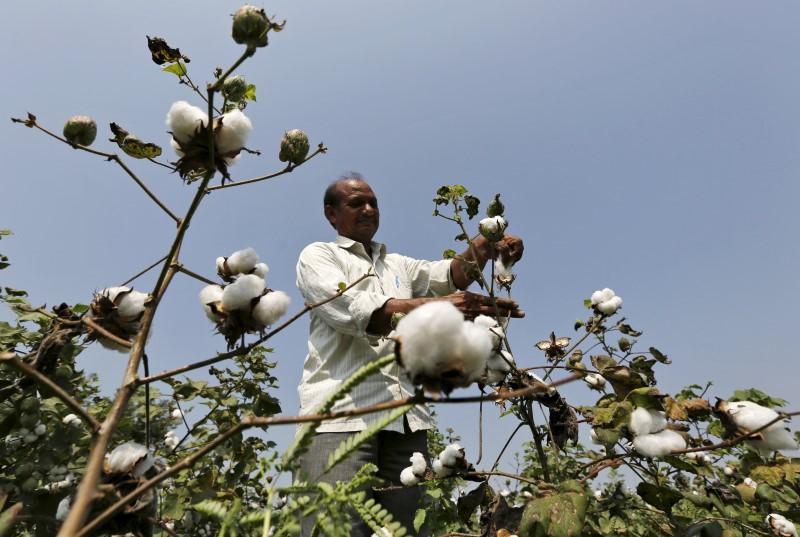
A high-level event titled "COP29: Decarbonising and Adapting the Cotton-to-Clothing Value Chain through Multi-sectoral Partnerships" was held at the Pakistan pavilion at the venue of global climate summit on Tuesday to discuss the challenges and opportunities for decarbonising and adapting the value chain through partnerships.
According to a statement issued by the Ministry of Climate Change and Environmental Coordination, speakers at the event said while the global climate was changing, cotton farmers, especially in the developing countries vulnerable to extreme weather conditions, were facing unprecedented challenges and dealing with adverse impacts, particularly floods, heat waves and droughts.
They pressed on the urgent need to build the climate resilience of cotton farmers, particularly in resource-poor countries like Pakistan, Bangladesh and Egypt, through the transfer of technology and technical know-how for making cotton crop environmentally sustainable and climate resilient.
The event was jointly organised by Pakistan's Ministry of Climate Change, the International Atomic Energy Agency (IAEA), Food and Agriculture Organisation (FAO) of the United Nations, United Nations Industrial Development Organisation (Unido) and World Trade Organisation (WTO).
Addressing the event as a keynote speaker, Climate Change Ministry Parliamentary Secretary Ahmed Atteeq Anwar emphasised that cotton was not only a key raw material for the global textile and fashion industries, but also provided income and employment for millions of farmers.
However, he said, adverse fallouts from the shifting weather patterns, particularly the recurrent floods, heat waves and droughts were threatening the stability of cotton farming in the arid and flood-vulnerable countries.
"Without immediate efforts to bolster farmers' capacity to adapt to these changes, the consequences could be devastating for the global supply chains, rural economies and environmental sustainability," he stressed.
Explaining further, the parliamentary secretary highlighted that the effects of climate change were already being felt in the cotton-producing regions in a more devastating way.


1731476617-0/Sandra-Oh-(2)1731476617-0-165x106.webp)















COMMENTS
Comments are moderated and generally will be posted if they are on-topic and not abusive.
For more information, please see our Comments FAQ